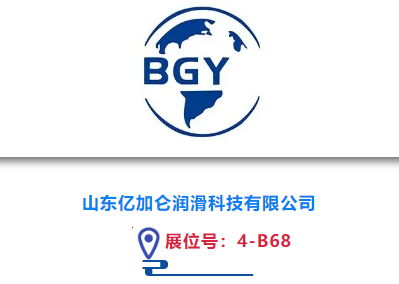Indonesia's Ministry of Energy and Mineral Resources is encouraging industry to adopt hydrocarbon-based technology due to its energy efficiency, locally sourced resources and manufacturing, and GHG emission reduction contribution.

Rida Mulyana, director-general, Indonesia Directorate-General of New Renewable Energy and Energy Conservation
Source: Indonesia Ministry of Energy and Mineral Resources
With damaging refrigerants being phased down worldwide under the Montreal Protocol and its subsequent Kigali Amendment, Indonesia's Ministry of Energy and Mineral Resources is encouraging industry to adopt hydrocarbon-based technology due to its energy efficiency, locally sourced resources and manufacturing, and greenhouse gas (GHG) emission reduction contribution.
Following the installation of propane-based (R290) chillers at Indonesian pharmaceutical company PT Phapros (see full story in the upcoming first issue of Accelerate Asia, to be published this September), the Indonesian government has begun to actively voice its support for hydrocarbon-based technology in Indonesia.
This website spoke with Rida Mulyana, director-general of Indonesia's Directorate General of New Renewable Energy and Energy Conservation, which is under the country's Ministry of Energy and Mineral Resources, about why the country sees hydrocarbon-based technology as an opportunity for Indonesian industry.
Hydrocarbons21: Why is the Indonesian government supporting the installation of hydrocarbon chillers? How is it providing this support?
Mulyana: The government of Indonesia encourages the implementation of green cooling technology in Indonesia, which aims to contribute to the country’s energy efficiency and climate targets. Therefore, we support the installation of hydrocarbon chillers as this technology is more energy efficient with very low-GWP refrigerant and can be locally produced. Pertamina (a large Indonesian state-owned energy company) has been producing hydrocarbon refrigerant, propane, since 2005 and local chiller manufacturers are also capable of producing this technology.
The government provides support in the following ways:
- Support for the development of Indonesia National Standard's (SNI) on refrigerant safety requirements for fixed applications and on methods for testing and rating of the performance of the [hydrocarbon] chillers.
- Support for the implementation of hydrocarbon chiller pilot projects to demonstrate the safe use and efficiency benefits of hydrocarbon technology.
- Support for capacity building and certification of technicians.
- Support for strengthening coordination among stakeholders to promote the use of climate-friendly technology in Indonesia.
“We support the installation of hydrocarbon chillers as this technology is more energy efficient with very low-GWP refrigerant and can be locally produced."
– Rida Mulyana, director-general, Directorate-General of New Renewable Energy and Energy Conservation






















